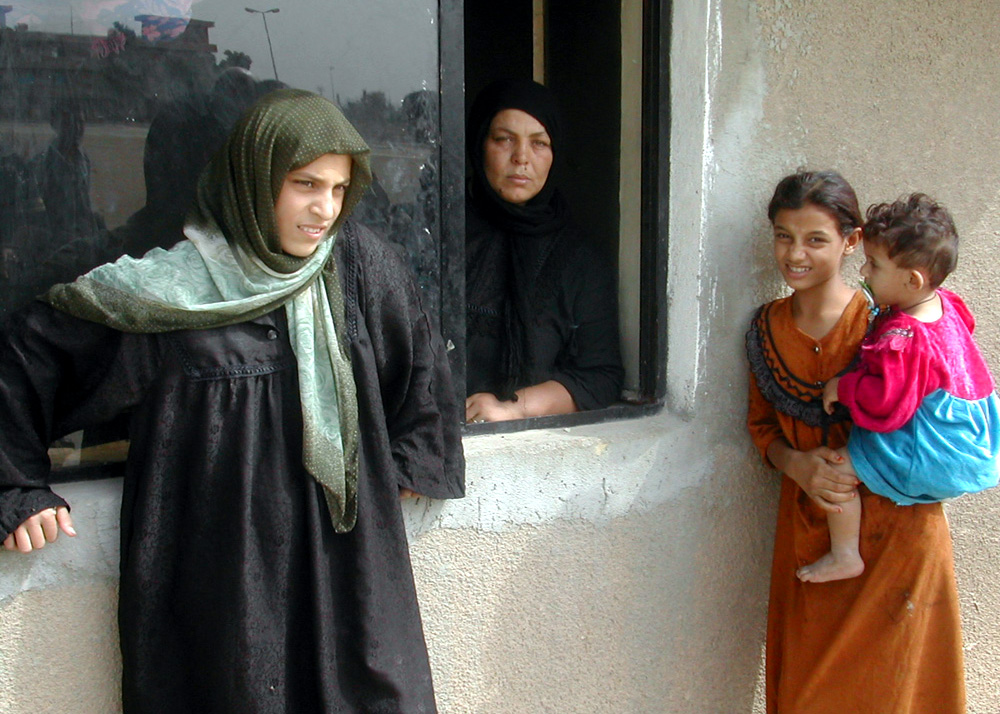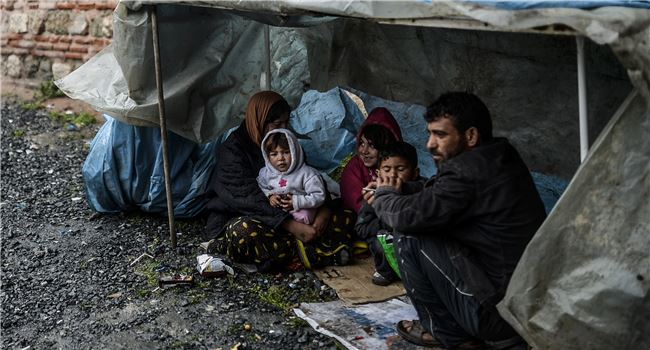
In a unanimous 9-0 Supreme Court ruling published in late December 2013, Chief Justice Beverley McLachlin wrote: “It is not a crime in Canada to sell sex for money.” Some argue, however, that the recent unveiling of the federal Conservative government’s new prostitution legislation does not echo this statement.
In the Bedford v. Canada decision, the court struck down three provisions of the Criminal Code related to prostitution: against keeping a bawdy-house (brothel), against living off the avails of prostitution and against communicating or soliciting for the purposes of prostitution. The Supreme Court in Bedford concluded that these three provisions would not be declared invalid for one year, giving Parliament a grace period in which to craft new legislation regulating prostitution. This legislation was unveiled this past week in a federal bill released by Justice Minister Peter MacKay’s office.
This new legal policy proposed by MacKay will “for the first time in Canadian law, criminalize those who are fueling and perpetrating the demand for this dangerous activity.” TheProtection of Communities and Exploited Persons Act criminalizes the purchase of sex, communicating for the purpose of selling sex, gaining material benefit from sex work, and advertising sexual services. As expressed by Justice MacKay in a statement, this act is a ‘made-in-Canada’ model, which aims at targeting the johns, pimps and purchasers of those who keep this industry afloat. Significant provisions of the new bill include the following:
- Criminalize those who fuel the demand for prostitution, i.e. purchasers of sexual services;
- Continue to criminalize those who financially benefit from the exploitation of others through prostitution, such as pimps, and those who procure others for the purpose of prostitution;
- Prohibit advertising for the sale of others’ sexual services in print or online;
- Immunize those who sell their own sexual services from criminal liability for any part they play in the purchasing, material benefit, procuring or advertising offences;
- Protect our communities by criminalizing communicating for the purpose of selling sexual services in public places where a child could reasonably be expected to be present; and
- Increase existing penalties relating to child prostitution.
In addition to the legislation, the federal government has proposed to support such measures with $20 million in new funding to help grassroots organizations assist individuals who desire to exit the prostitution industry.
Justice Minister MacKay confidently moved forward with such legislation, claiming to have widespread support from Canadians after the government’s month-long public consultation process through the Department of Justice website. The survey included 6 questions asking Canadians, among other things, whether purchasing sexual services should be a criminal offence. The recently released Department of Justice report concluded that 56% of respondents (or 15,993 known responses) felt that purchasing sexual services should be a criminal offence.

Critics of the new bill argue that attempts to target the pimps in order to protect sex worker’s rights – the very reason for the Bedford decision – are doomed to fail. Katrina Pacey, litigation director of Pivot Legal Society and an intervener in the Bedford case, argues that “this made in Canada model will lead to a continued epidemic of violence against sex workers in Canada.”
Perhaps what is most important to remember as this legislation moves forward is the original decision of the Bedford case. The Supreme Court found that the Criminal Code’s three prohibitions violated men and women’s section 7 rights under the Charter which protects the right to life, liberty and the security of the person. At the core of this issue is improving the conditions surrounding sex work. In her decision, Chief Justice McLachlin wrote,
“The prohibitions all heighten the risks the applicants face in prostitution — itself a legal activity. They do not merely impose conditions on how prostitutes operate. They go a critical step further, by imposing dangerous conditions on prostitution; they prevent people engaged in a risky — but legal — activity from taking steps to protect themselves from the risks.”
As Pacey argues, the new provisions of this bill are little more than an unconstitutional variation of the broken laws that were already struck down. Prohibiting the work of sexual services in certain areas or the ability to advertise forces the prostitute to go above and beyond to protect her client from the arms of law enforcement. According to Pivot, “They will be displaced into dangerous and isolated parts of the city where they are more likely to work alone in order to avoid police detection. Sex workers will rush to get into vehicles without taking the time to screen clients and negotiate the terms of the transaction, resulting in much greater risk of harm.”
Sex work is a complex social issue. I think many believe that Canada’s reply-legislation will be indicative of the country’s view on this controversial moral issue. Despite one’s view on the merits of the industry or a woman’s right to work in the industry, it is undeniable that it is a dangerous line of work. Sex workers have the same fundamental Charter rights as every other Canadian – the right to life, liberty and security of the person. It seems as though this legislation once again puts this right at risk, infringing on a woman’s ability to work safely. As Bedford reminded us, rights are not contingent on one’s line of work.




